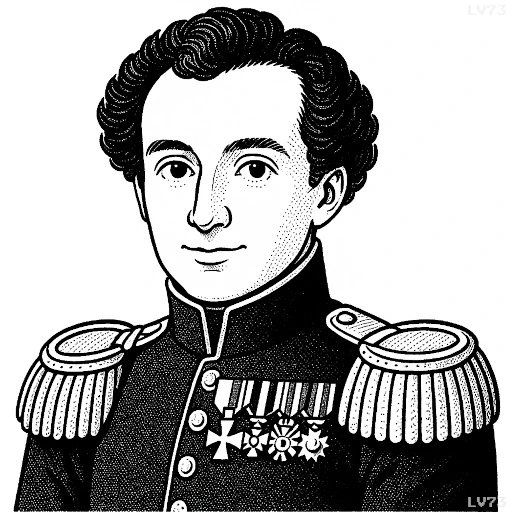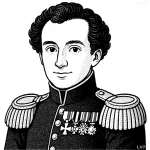“War is not an exercise of the will directed at an inanimate matter.”

- July 1, 1780 – November 16, 1831
- Born in the Kingdom of Prussia (now Germany)
- Military officer and military theorist
table of contents
Quote
“War is not an exercise of the will directed at an inanimate matter.”
Explanation
Clausewitz’s statement underscores a fundamental aspect of war that distinguishes it from other forms of conflict or struggle: war is not just a mechanical or abstract exercise of power, but a dynamic interaction between human beings, each with their own will, intentions, and strategies. Unlike physical or natural phenomena, which can be manipulated by sheer force or technique, war involves human actors—soldiers, leaders, and entire nations—each responding to the actions and will of others. It is a contest of intentions, decisions, and adaptability, where the opponent’s actions, fears, and responses are just as important as one’s own capabilities.
In war, human agency plays a decisive role. Clausewitz’s concept of friction—the unpredictability and obstacles that arise during conflict—stems from the fact that human beings, unlike inanimate objects, do not always behave predictably. Decisions made under pressure, psychological factors, morale, and miscommunication all contribute to the uncertainty and complexity of warfare. For example, Napoleon’s strategic genius was not just in his ability to organize troops and plan logistics, but in his psychological insight into how to break the will of his enemies, often by attacking unexpectedly or seizing the initiative when his adversaries were unsure of his next move.
This principle still holds true in modern warfare. Today, while technology plays a central role in conflicts (through drones, cyber attacks, or precision-guided munitions), the human element remains paramount. In conflicts like the Afghan War or the Iraq War, the will of the population, the motivation of soldiers, and the leadership decisions on both sides shaped the outcome far more than any weaponry or technology alone. Success in these conflicts often depended on understanding the human dynamics—how civilians, insurgents, and soldiers responded to pressure, ideologies, or foreign intervention.
Clausewitz’s insight is a reminder that war is a deeply human endeavor, driven not just by physical force but by the interplay of intentions, emotions, and choices. It is not a mechanical event, but a complex, fluid process shaped by the unpredictable actions of those involved, making it an ever-changing and challenging environment to navigate.
Would you like to share your impressions or related stories about this quote in the comments section?


